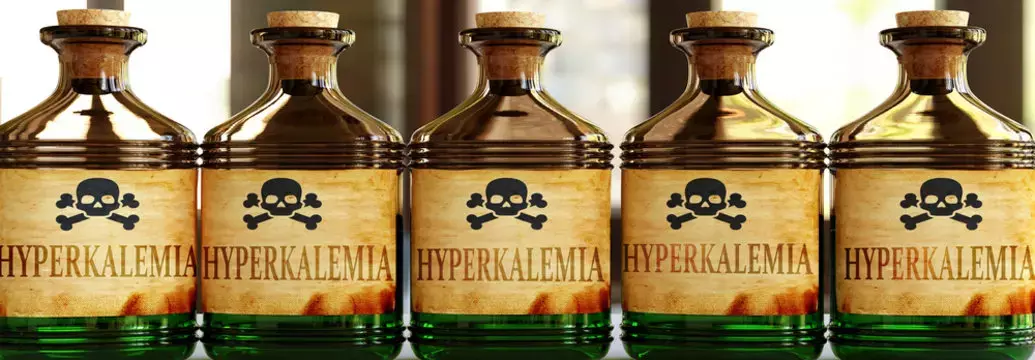- Home
- Medical news & Guidelines
- Anesthesiology
- Cardiology and CTVS
- Critical Care
- Dentistry
- Dermatology
- Diabetes and Endocrinology
- ENT
- Gastroenterology
- Medicine
- Nephrology
- Neurology
- Obstretics-Gynaecology
- Oncology
- Ophthalmology
- Orthopaedics
- Pediatrics-Neonatology
- Psychiatry
- Pulmonology
- Radiology
- Surgery
- Urology
- Laboratory Medicine
- Diet
- Nursing
- Paramedical
- Physiotherapy
- Health news
- Fact Check
- Bone Health Fact Check
- Brain Health Fact Check
- Cancer Related Fact Check
- Child Care Fact Check
- Dental and oral health fact check
- Diabetes and metabolic health fact check
- Diet and Nutrition Fact Check
- Eye and ENT Care Fact Check
- Fitness fact check
- Gut health fact check
- Heart health fact check
- Kidney health fact check
- Medical education fact check
- Men's health fact check
- Respiratory fact check
- Skin and hair care fact check
- Vaccine and Immunization fact check
- Women's health fact check
- AYUSH
- State News
- Andaman and Nicobar Islands
- Andhra Pradesh
- Arunachal Pradesh
- Assam
- Bihar
- Chandigarh
- Chattisgarh
- Dadra and Nagar Haveli
- Daman and Diu
- Delhi
- Goa
- Gujarat
- Haryana
- Himachal Pradesh
- Jammu & Kashmir
- Jharkhand
- Karnataka
- Kerala
- Ladakh
- Lakshadweep
- Madhya Pradesh
- Maharashtra
- Manipur
- Meghalaya
- Mizoram
- Nagaland
- Odisha
- Puducherry
- Punjab
- Rajasthan
- Sikkim
- Tamil Nadu
- Telangana
- Tripura
- Uttar Pradesh
- Uttrakhand
- West Bengal
- Medical Education
- Industry
SPS Use associated with Burden of High recurrence of Hyperkalemia: Study

Despite treatment with sodium polystyrene sulfonate (SPS), patients hospitalized with hyperkalemia have a high burden of readmissions and hyperkalemia recurrence, according to new research presented at the American Society of Nephrology's Kidney Week 2020 Reimagined virtual conference.
Sodium polystyrene sulfonate (SPS) is a common treatment option for hyperkalemia (HK) in the inpatient (IP) setting. However, the post-discharge outcomes of patients with HK treated with and without SPS in the IP setting are not well characterized.
Adult patients with ≥1 IP stay with HK (≥1 potassium [K] lab >5.0 mEq/L) were identified using electronic medical record data from the Research Action for Health Network (2012-2018). Patients treated with SPS during the IP stay were matched 1:1 to patients not treated with SPS on discharge status (dead/alive) and HK severity (most severe K lab during IP stay). Patient characteristics, K levels, HK treatments, length of stay (LOS) and death during IP stay were described. All-cause and HK-related IP readmission and HK recurrence (in any setting) within 30, 60 and 90 days post-discharge were described and compared using conditional logistic regressions.
The results of the study are as follows:
- A total of 4,847 SPS users were matched to non-SPS users.
- During the stay, 11.7% of patients died in both cohorts. Mean age was 65.7 and 62.1 years for the SPS and non-SPS users.
- SPS users had a higher burden of comorbidities than non-SPS users, including CKD and heart failure.
- The average LOS was similar for SPS and non-SPS users and most patients had their last K level normalized during the stay
- Use of temporizing agents was common for SPS and non-SPS users; however, very few SPS users received SPS at discharge (0.4%).
- The 30-day all-cause and HK-related IP readmission rates were 27.0% and 13.6% for SPS users and 19.3% and 5.4% for non-SPS users, respectively. HK recurred within 30 days in 23.0% of SPS users and 7.1% of non-SPS users.
- The differences remained after adjusting for baseline and IP stay characteristics.
- The adjusted results were similar for 60- and 90-days post-discharge.
Thus, the researchers concluded that despite treatment with SPS in the IP setting there was a high burden of readmission and HK recurrence among patients with HK.
Reference:
Post-Discharge Outcomes Among Hyperkalemic Patients Treated with and Without Sodium Polystyrene Sulfonate in the Inpatient Setting by Davis Jill et al. published presented at the American Society of Nephrology's Kidney Week 2020 Reimagined virtual conference.
https://www.asn-online.org/education/kidneyweek/2020/program-abstract.aspx?controlId=3437213
Dr. Shravani Dali has completed her BDS from Pravara institute of medical sciences, loni. Following which she extensively worked in the healthcare sector for 2+ years. She has been actively involved in writing blogs in field of health and wellness. Currently she is pursuing her Masters of public health-health administration from Tata institute of social sciences. She can be contacted at editorial@medicaldialogues.in.
Dr Kamal Kant Kohli-MBBS, DTCD- a chest specialist with more than 30 years of practice and a flair for writing clinical articles, Dr Kamal Kant Kohli joined Medical Dialogues as a Chief Editor of Medical News. Besides writing articles, as an editor, he proofreads and verifies all the medical content published on Medical Dialogues including those coming from journals, studies,medical conferences,guidelines etc. Email: drkohli@medicaldialogues.in. Contact no. 011-43720751


